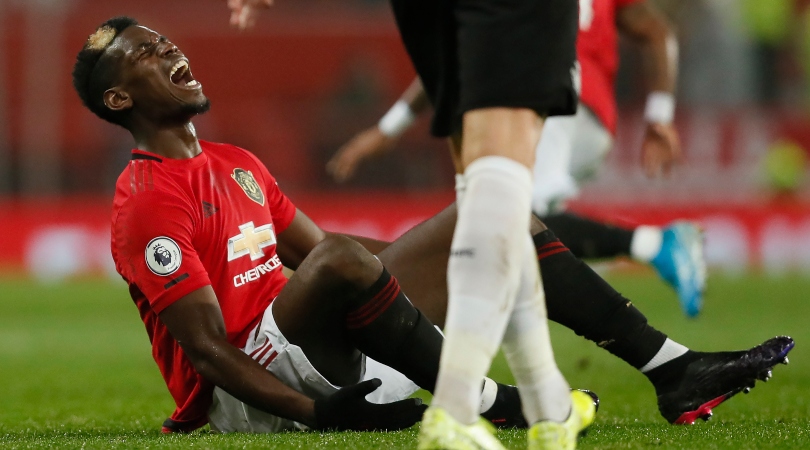Paul Pogba’s agent Mino Raiola may have come to represent much of what is wrong with modern football – but that doesn’t stop him being right.
Agreeing with Mino Raiola is not pleasant, but his remarks about Manchester United are hard to contest.
‘Today I wouldn’t bring anyone else there, they would ruin even Maradona, Pele and Maldini. Paul [Pogba] needs a team and a society, one like at Juve before.’
Ruin is probably the wrong word. Likely by design, because Raiola was in a retaliatory mood and trying to be provocative. But he was right in the sense that United aren’t equipped to cater to the very best players in the game and, rather than dismissing the super-agent on account of what he represents, it’s worth pausing for thought to consider that reality.
The Paul Pogba situation is complicated and any rational assessment acknowledges that there are two sides to it. Has Pogba always carried himself smartly? Has his personal PR always been the wisest and has his social media presence always been well considered? No and no. But then much of what he does is viewed through the lens of Manchester United’s performance on the pitch and that’s something for which he doesn’t carry total responsibility.
That’s the first mistake made. The second is to presume that he’s in any way different to his peers. He’s a bit richer than most and certainly more gifted, but there’s nothing unusual about Pogba. He’s young and confident, good-looking and aware of it. Football has made him extremely famous and surrounded him with fans and sycophants, each of whom helps feed his ego.
In that regard, though, he’s typical of the modern professional athlete. As is his behaviour. That’s a very important point about Pogba: he’s not uniquely difficult, nor does anything he does or says characterise him as being especially high maintenance. Even just within a footballing context, he’s hardly Mario Balotelli. Nor, specific to United, does he present anything like the same challenges as Wayne Rooney or David Beckham. Or Roy Keane, really, or – going even further back – Lee Sharpe.
Pogba, is of course, playing his football during an era of ubiquity and that creates obvious differences, but the real change has been in United – in their inability to placate players of his standing, derived from both their recent lack of significant achievement and their organisational looseness in the years since Sir Alex Ferguson’s retirement.
The days of iron discipline in football are long gone, clearly, but lack of control is a trend at United which doesn’t appear with the same regularity elsewhere. Not every manager can command Ferguson’s level of respect, of course, but the amount of noise coming from the dressing room describes a lack of authority. Pogba is just one voice in a chorus which, actually, has been talking back through the media, airing its grievances publicly and posting whatever it feels on Instagram for some time.
One argument is that the problem lies with the players themselves and their lack of professional standards. Another, probably more realistic, perspective is that contemporary footballers do what they feel they can get away with and that it is the club’s responsibility to direct their energy in a productive way.
United clearly haven’t been able to do that. If Pogba posts something ill-advised on social media, it’s because he feels able to. If he and his representatives feel entitled to dictate the terms of his conditioning or his recovery from injury, then it’s because they believe that they are best placed to do that. Neither depicts a particularly healthy situation and both reflect worse on the club than the player.
There’s a pertinent analogy for this situation. Superstar athletes, it’s sometimes said, are balls of fire. Either they can be used to heat a house, or they end up burning it down. In either case, though, it’s implied that the burden of responsibility for what happens falls on someone other than player.
Mina Raiola talks about United’s capacity to ruin players. That’s not quite right. What he’s describing instead, is their reflexive desire for a kind of footballer that they aren’t currently equipped to sustain or satiate – it’s their determination to use ego to treat a problem which requires humility. When Paul Pogba joined the club, they needed a small army of blue-collared reinforcements in half-a-dozen positions. What they got instead, was a single, gilded artisan in a sedan chair.
Of course, it’s gone badly.



